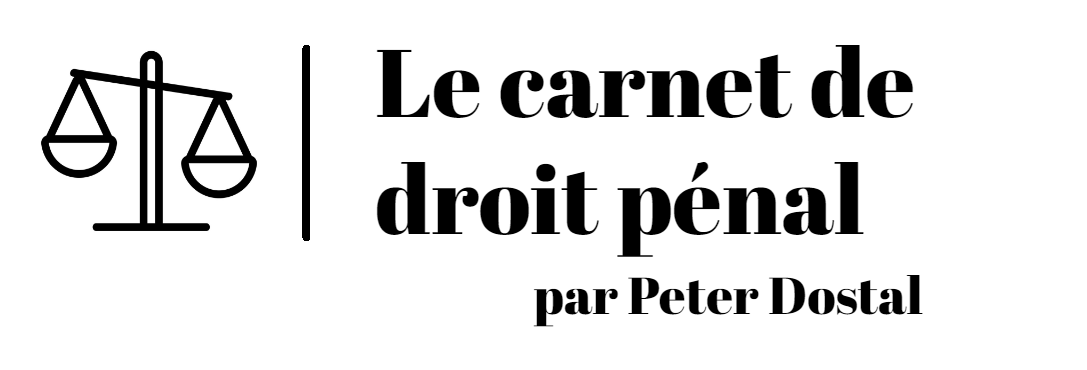« Rôle du juge de première instance » : différence entre les versions
m Remplacement de texte : « (SCC) » par « (CSC) » |
m Remplacement de texte : « 28tlt » par « 28tlv » Balises : Modification par mobile Modification par le web mobile |
||
| Ligne 275 : | Ligne 275 : | ||
{{CanLIIRP|Doyle|1z6fv|1976 CanLII 11 (CSC)|[1977] 1 RCS 597}}{{perSCC|Ritchie J}}</ref> | {{CanLIIRP|Doyle|1z6fv|1976 CanLII 11 (CSC)|[1977] 1 RCS 597}}{{perSCC|Ritchie J}}</ref> | ||
However, "the authority to control the court's process and oversee the conduct of counsel is necessarily implied in the grant of power to function as a court of law. This Court has affirmed that courts can apply a ‘doctrine of jurisdiction by necessary implication’ when determining the powers of a statutory tribunal.” <ref> | However, "the authority to control the court's process and oversee the conduct of counsel is necessarily implied in the grant of power to function as a court of law. This Court has affirmed that courts can apply a ‘doctrine of jurisdiction by necessary implication’ when determining the powers of a statutory tribunal.” <ref> | ||
{{CanLIIRP|Cunningham| | {{CanLIIRP|Cunningham|28tlv|2010 CSC 10 (CanLII)|[2010] 1 RCS 331}}{{perSCC|Rothstein J}}{{atL|28tlv|19}}</ref> | ||
On dit que les pouvoirs inhérents d'un juge d'une cour supérieure de contrôler le processus judiciaire sont également accessibles aux juges des cours provinciales, soit expressément en vertu de la loi, soit par implication nécessaire.<ref> | On dit que les pouvoirs inhérents d'un juge d'une cour supérieure de contrôler le processus judiciaire sont également accessibles aux juges des cours provinciales, soit expressément en vertu de la loi, soit par implication nécessaire.<ref> | ||
